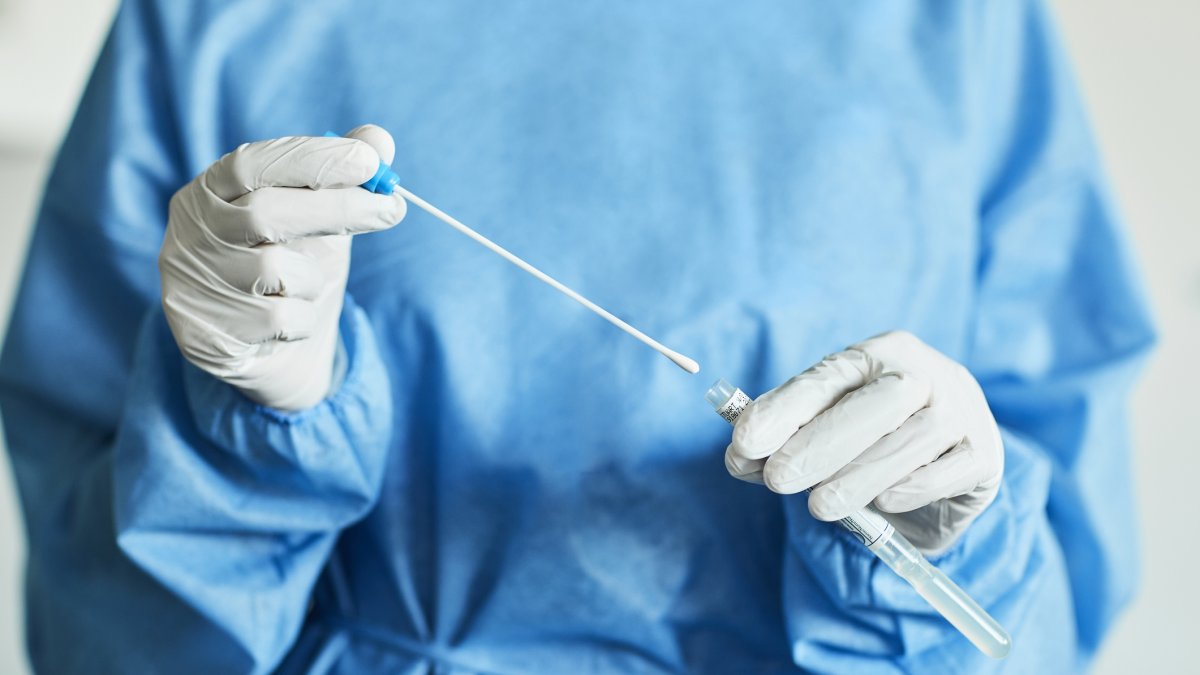Skins swabs could be how we test for Covid-19 in the future
Skin swabs are "surprisingly effective" at identifying Covid-19 infection, according to new research from the University of Surrey, offering a route to a non-invasive future for Covid-19 testing.

Surrey's researchers used non-invasive swabs to collect sebum - an oily waxy substance produced by the body's sebaceous glands - from 83 hospitalised patients, some of whom were diagnosed with Covid-19. The team also collected blood and saliva samples for this comparative study.
Professor Melanie Bailey, co-author of the study from the University of Surrey, said:
Covid-19 has been found to significantly change the makeup of lipids (fats and oils) of biofluids such as blood or sebum.
By measuring changes in lipids and other metabolites of the samples, the research team observed that (with a 1.0 score being the most accurate and sensitive) blood samples scored 0.97. Skin swab tests scored 0.88, and finally saliva tests scored 0.80.
Matt Spick, co-author and research student at the University of Surrey, commented:
Professor Debra Skene, co-author and Section Lead of Chronobiology at the University of Surrey, said:
The research has been published by Scientific Reports.


